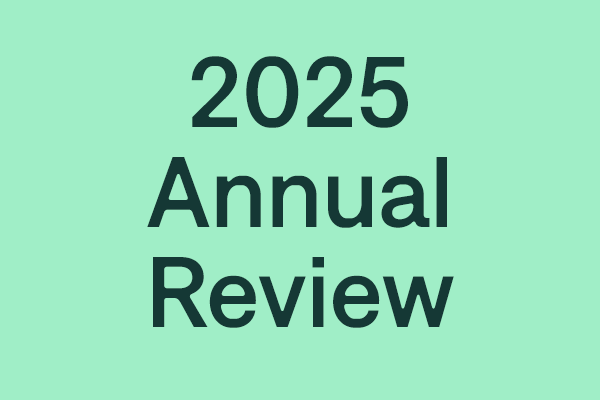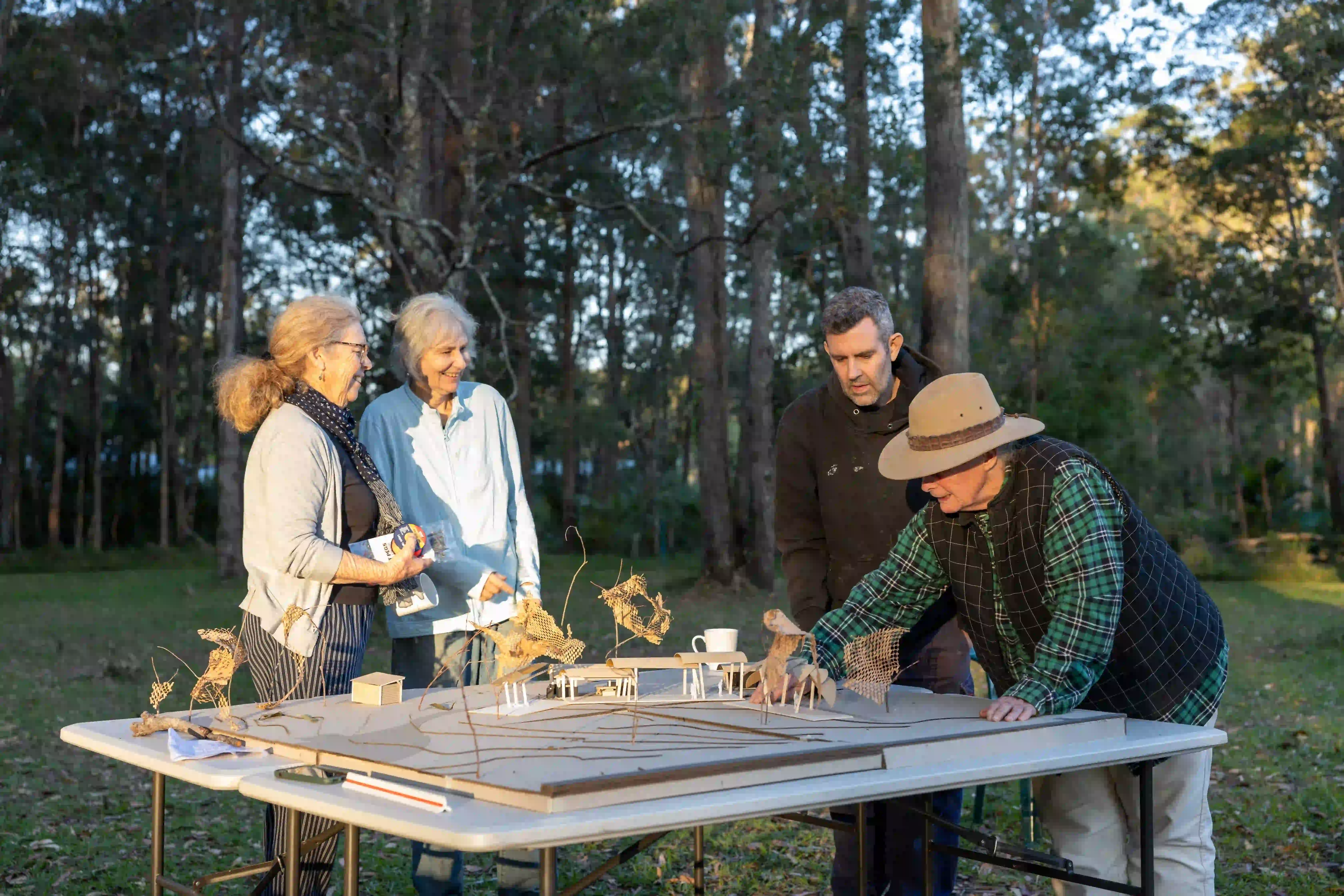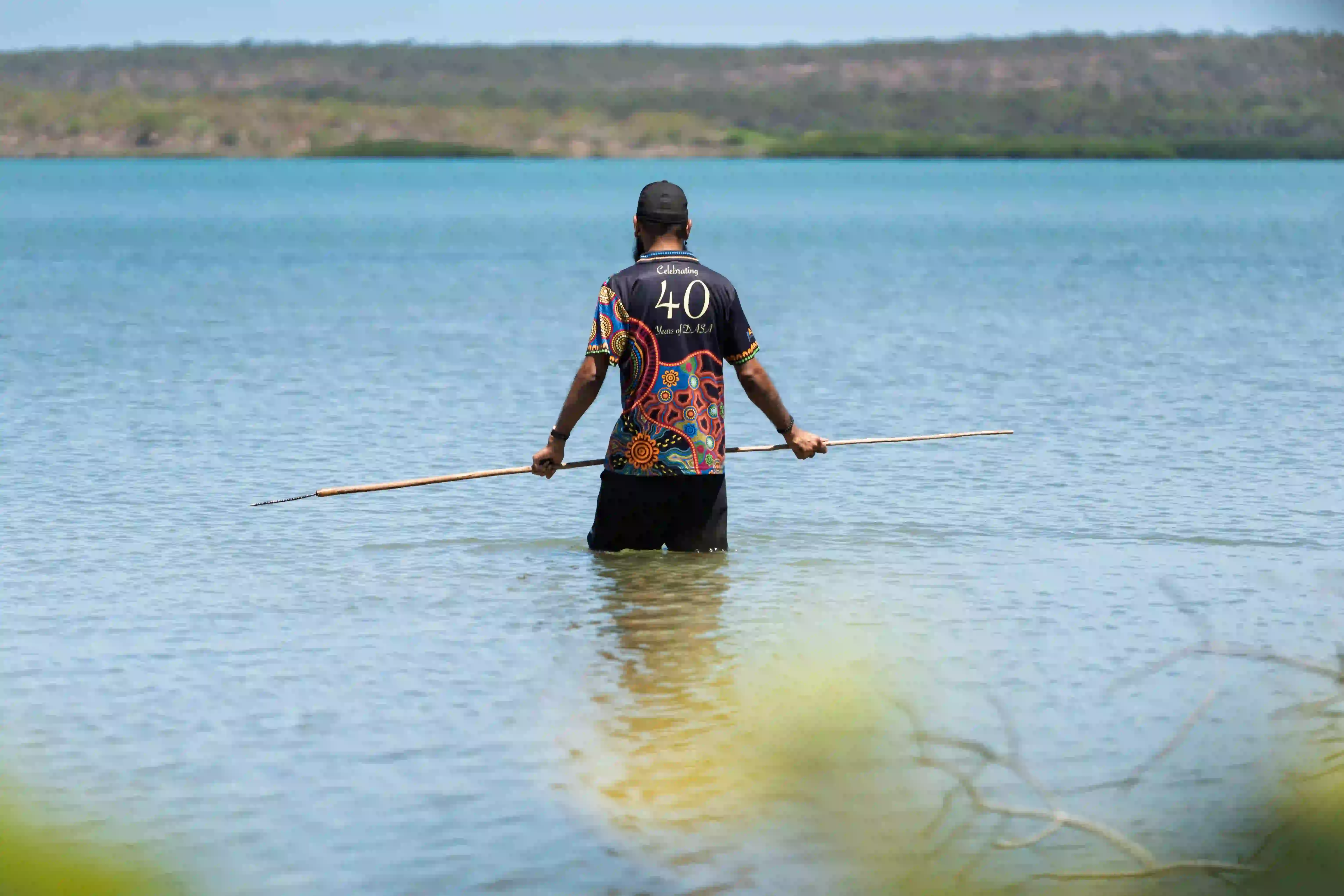New research to shine a light on a way forward for Australia’s schooling system
Policy options for improving the school system for students and teachers in Australia will be examined in new research undertaken by former teacher and state and federal education leader Dr Michele Bruniges AM.
Paul Ramsay Foundation (PRF) is pleased to announce that Dr Bruniges has accepted a PRF Fellowship, which will focus on disrupting factors that concentrate socio-economic cohorts within Australian schools.
Hosted by the Centre for Social Justice and Inclusion at University of Technology Sydney (UTS), Dr Bruniges will focus on how concentrations of disadvantage show up in Australian schools, how they are measured and defined, the drivers behind them and the impact they have on education policy and practice. Dr Bruniges will also examine national and state level policy settings which have the potential to improve socio-economic diversity across multiple school settings. These insights are particularly important as governments consider how to implement the next National School Reform Agreement, due in early 2024.
Dr Bruniges is a former schoolteacher, a TAFE teacher, and a teacher in the Adult Migrant Education Service, who went on to lead the ACT, NSW and Commonwealth Education Departments. She is currently chair of the Australian Institute for Teaching and School Leadership (AITSL) and the Chair of the Governing Board for the Program for International Student Assessment (PISA).
PRF Head of School-age Learning John Bush said Dr Bruniges' work would provide valuable insights for governments and educators seeking to foster greater equity among Australian school students.
“Every child and young person deserves the opportunity to thrive and to get on the best pathway for future learning and employment. The data shows us that disadvantage is becoming increasingly concentrated in some schools, with flow-on effects that risk limiting students’ outcomes and opportunities,” he said.
“With more than 40 years of experience in education as a teacher and policymaker, Dr Bruniges is a leader in the field. We are proud to support her work through this Fellowship and look forward to her work expanding the evidence for informed policy decisions in this area.”
Dr Bruniges said she was delighted to receive the fellowship and work with PRF to further develop the evidence base on this critical issue.
“As an educator, I believe it is important to encourage open discussion and debate, based on evidence, to shed more light on how we can improve outcomes for children and young people,” she said.
“This work will add to the current knowledge base, and support new thinking in this policy area. I look forward to sharing the findings with colleagues and others who are keen to better understand the impact and reach of policy solutions in this space.”
In partnership with universities, PRF supports its Fellows to explore the systems, drivers, and cycles that lead people and places to experience disadvantage. The fellowships start by posing big questions without immediate answers. The Fellows' research and networks create opportunities to share evidence-based solutions and recommendations with those who can translate them into meaningful action.
The findings of Dr Bruniges’ work will be shared publicly in 2024.
Expressions of interest for the 2024 PRF Fellowship Program open soon.










